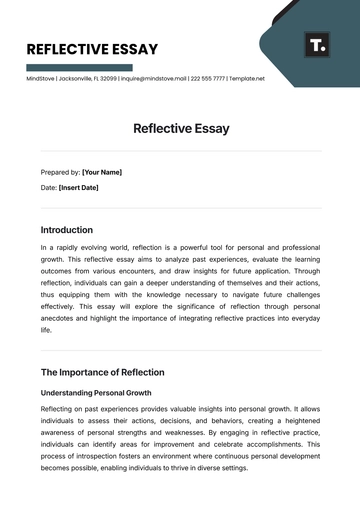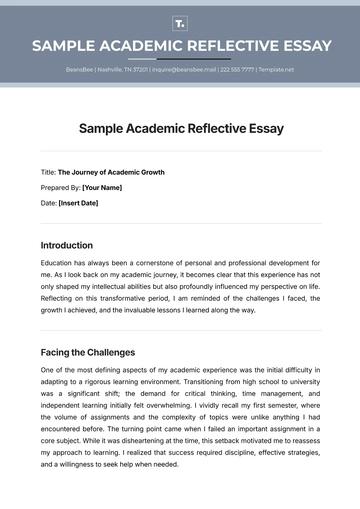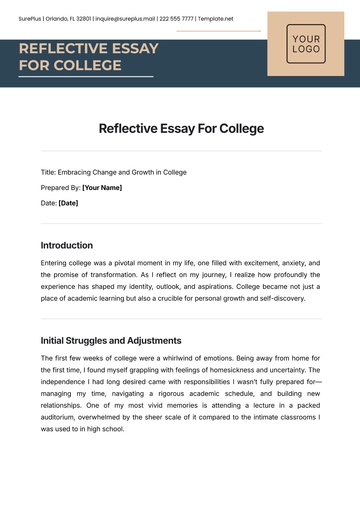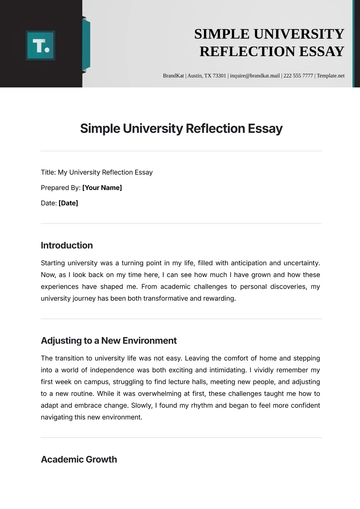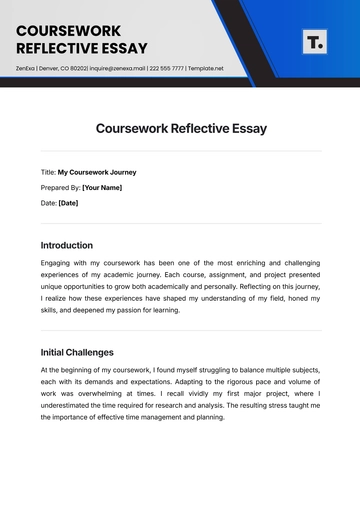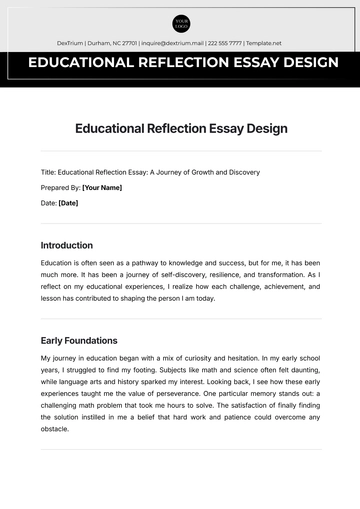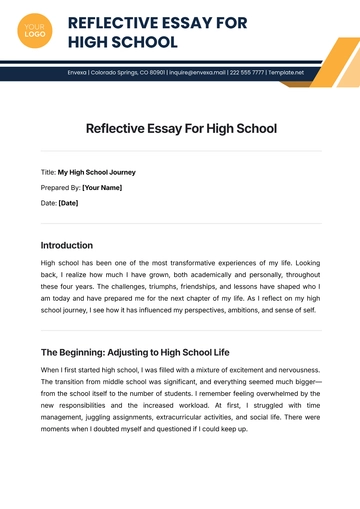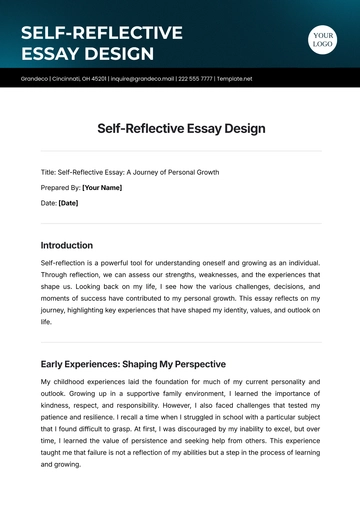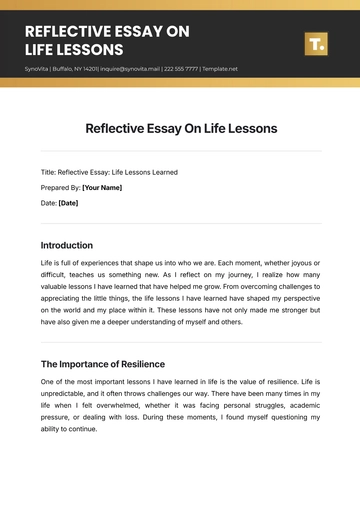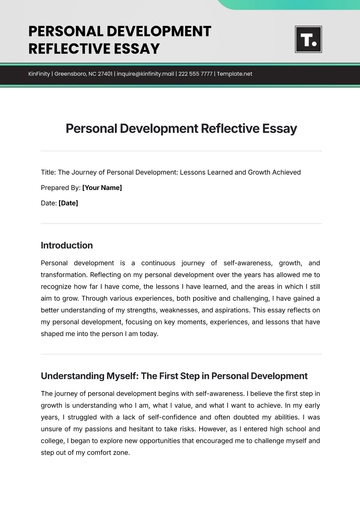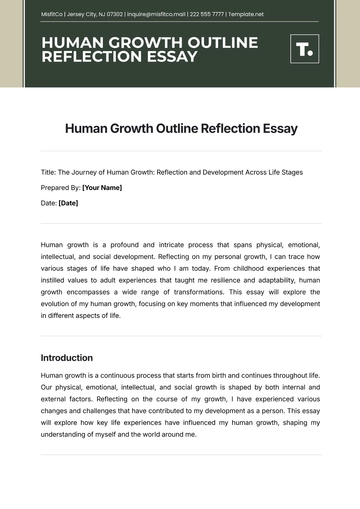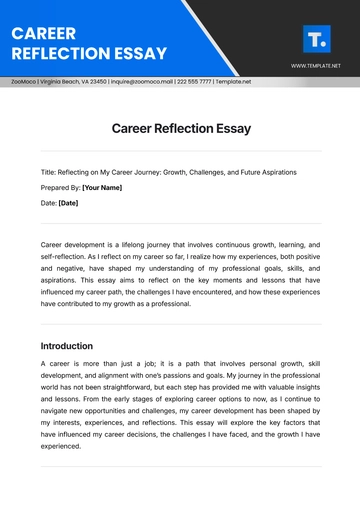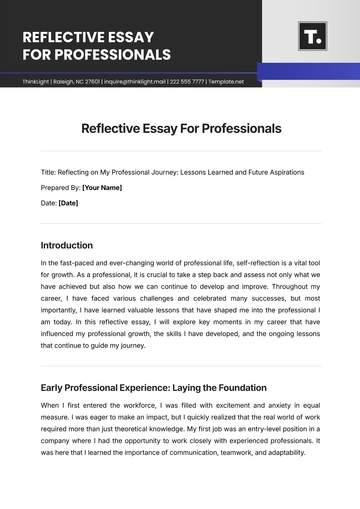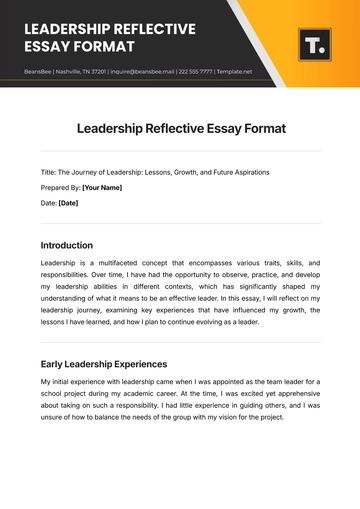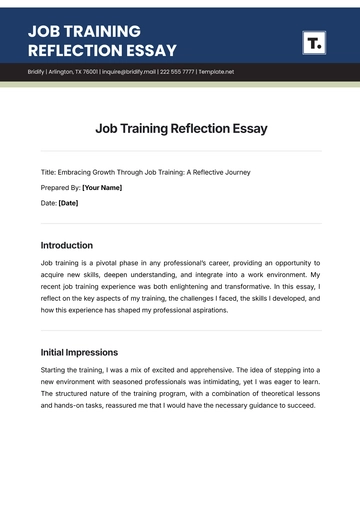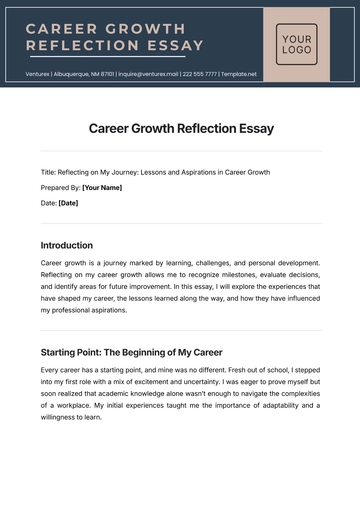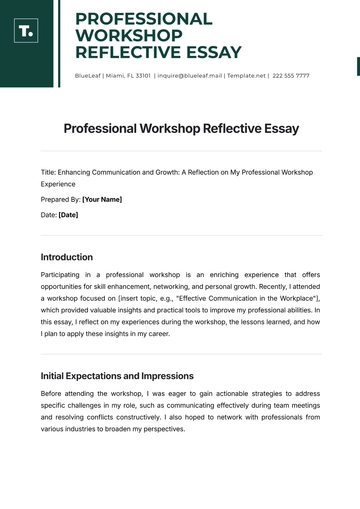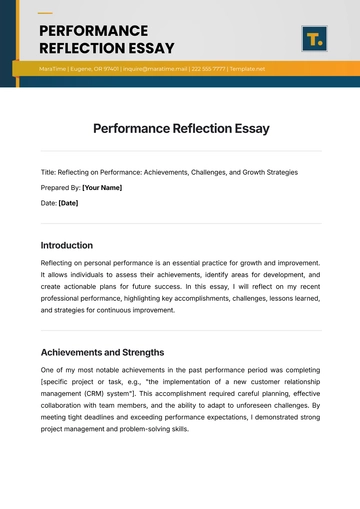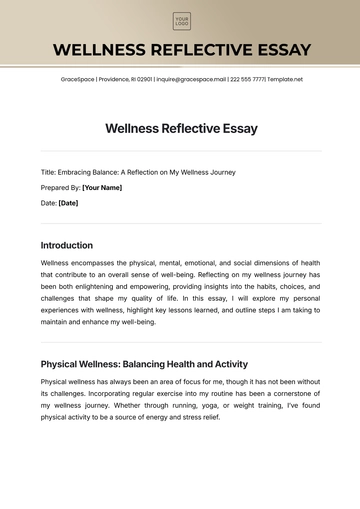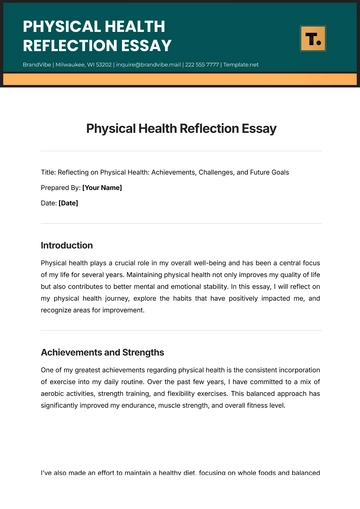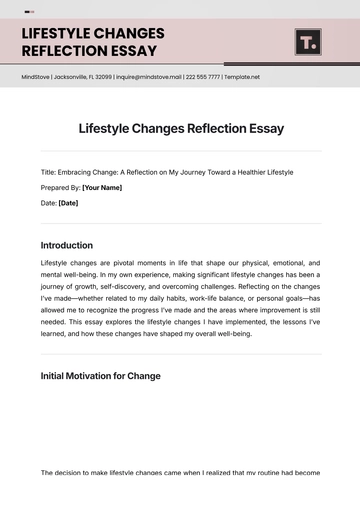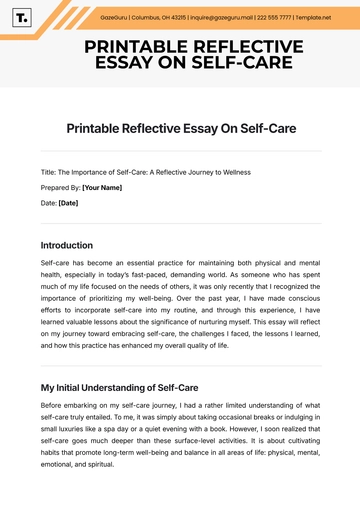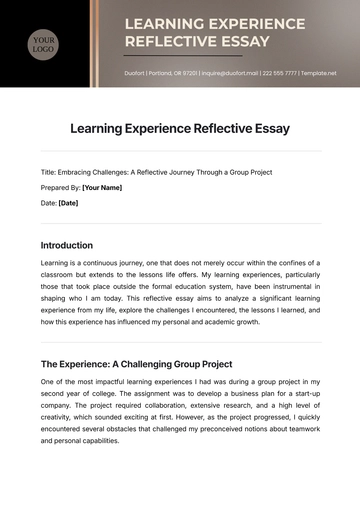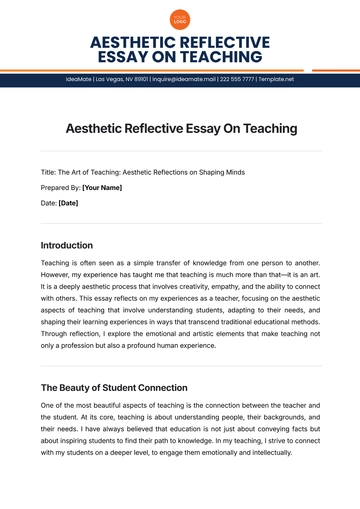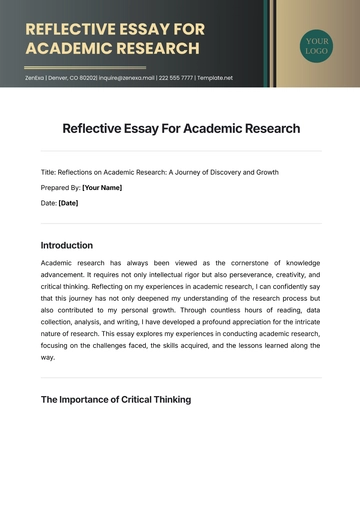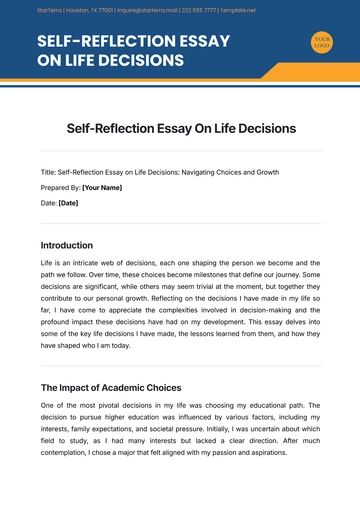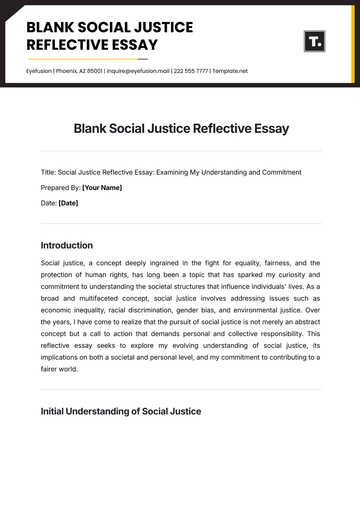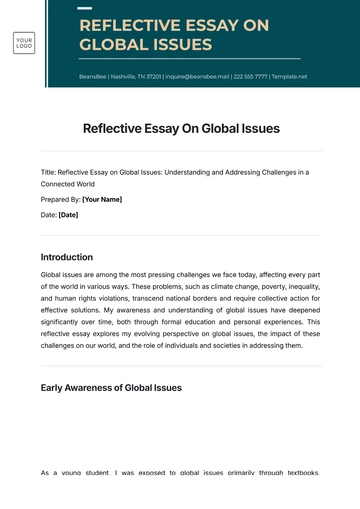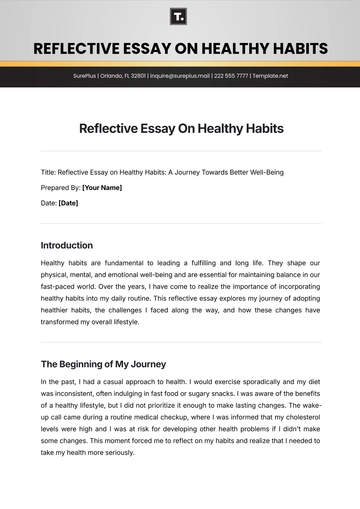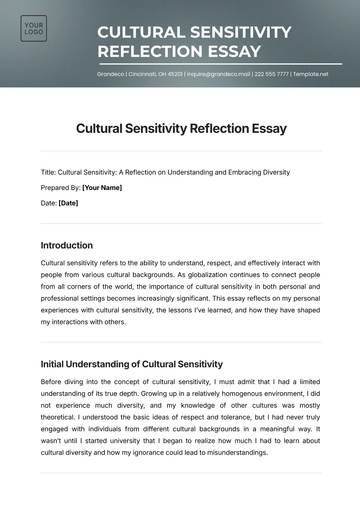Free Descriptive Essay on Medical Experience
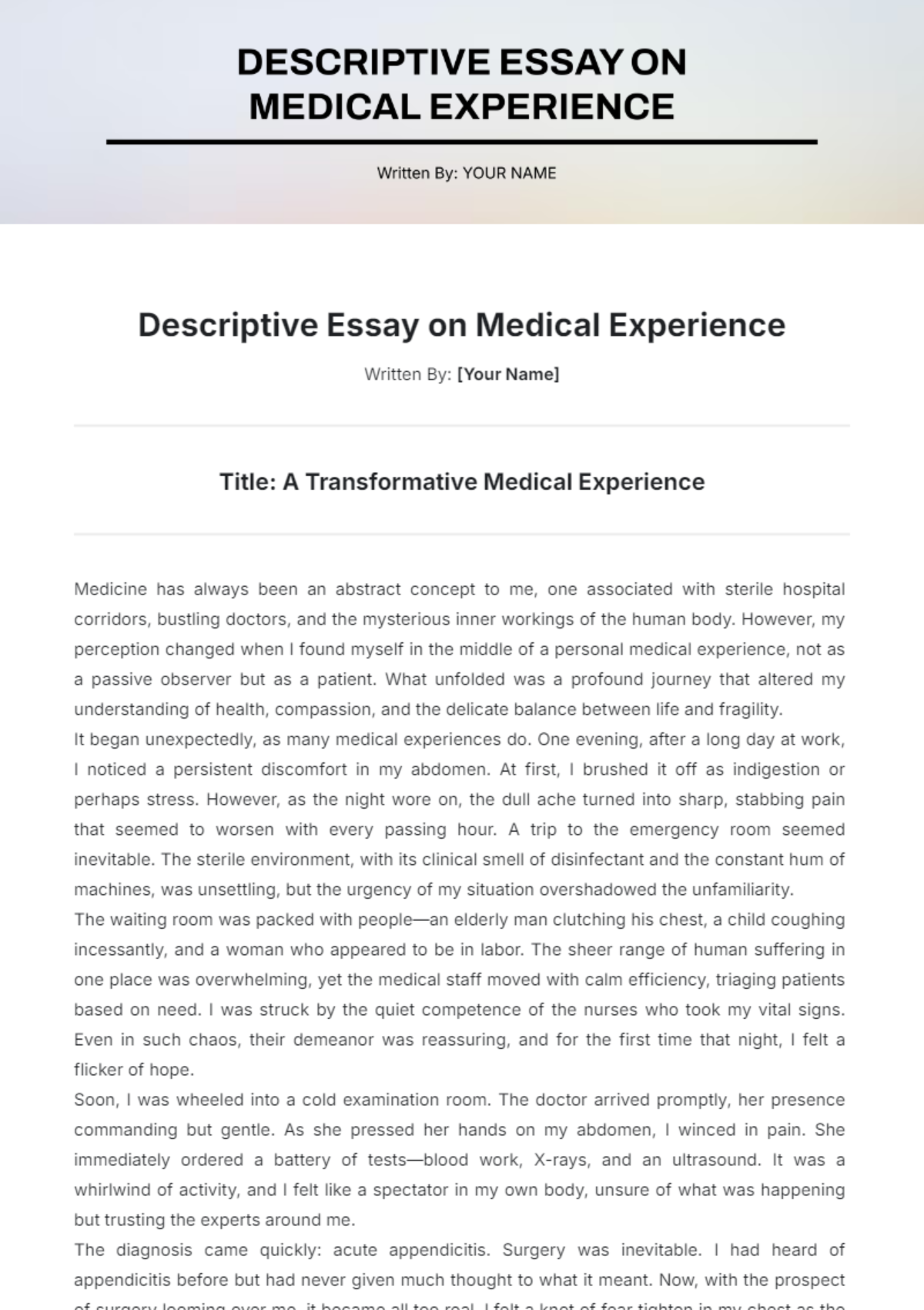
Written By: [Your Name]
Title: A Transformative Medical Experience
Medicine has always been an abstract concept to me, one associated with sterile hospital corridors, bustling doctors, and the mysterious inner workings of the human body. However, my perception changed when I found myself in the middle of a personal medical experience, not as a passive observer but as a patient. What unfolded was a profound journey that altered my understanding of health, compassion, and the delicate balance between life and fragility.
It began unexpectedly, as many medical experiences do. One evening, after a long day at work, I noticed a persistent discomfort in my abdomen. At first, I brushed it off as indigestion or perhaps stress. However, as the night wore on, the dull ache turned into sharp, stabbing pain that seemed to worsen with every passing hour. A trip to the emergency room seemed inevitable. The sterile environment, with its clinical smell of disinfectant and the constant hum of machines, was unsettling, but the urgency of my situation overshadowed the unfamiliarity.
The waiting room was packed with people—an elderly man clutching his chest, a child coughing incessantly, and a woman who appeared to be in labor. The sheer range of human suffering in one place was overwhelming, yet the medical staff moved with calm efficiency, triaging patients based on need. I was struck by the quiet competence of the nurses who took my vital signs. Even in such chaos, their demeanor was reassuring, and for the first time that night, I felt a flicker of hope.
Soon, I was wheeled into a cold examination room. The doctor arrived promptly, her presence commanding but gentle. As she pressed her hands on my abdomen, I winced in pain. She immediately ordered a battery of tests—blood work, X-rays, and an ultrasound. It was a whirlwind of activity, and I felt like a spectator in my own body, unsure of what was happening but trusting the experts around me.
The diagnosis came quickly: acute appendicitis. Surgery was inevitable. I had heard of appendicitis before but had never given much thought to what it meant. Now, with the prospect of surgery looming over me, it became all too real. I felt a knot of fear tighten in my chest as the surgeon explained the procedure. Yet, there was also a strange sense of relief in knowing what was wrong and that it could be fixed. This was the moment I realized the importance of medical knowledge—it turns the unknown into something tangible, and manageable.
The hours leading up to the surgery were a blur of preoperative preparations and consultations with anesthesiologists. The fear of the unknown, of being unconscious while someone operated on me, was overpowering. But what truly surprised me was the overwhelming kindness of the medical staff. Every nurse, every orderly, every doctor I encountered radiated compassion, understanding that even though the procedure was routine for them, it was a monumental event for me. One nurse, in particular, stood out. She held my hand before the anesthesia was administered, assuring me in a soft voice that everything would be okay. At that moment, her simple gesture of human connection was as powerful as any medical intervention.
When I awoke from the surgery, groggy and disoriented, I was greeted with smiles. The procedure had gone smoothly, and my recovery could now begin. The days that followed were filled with the typical discomfort of post-surgery recovery—soreness, fatigue, and frustration at my temporary lack of independence. However, it was also during this period that I developed a deep appreciation for the medical professionals who took care of me. Their ability to combine technical skills with emotional intelligence left an indelible mark on me.
I observed how the nurses monitored my progress, adjusted my medication, and constantly checked in on my pain levels. Their ability to anticipate my needs before I even voiced them was remarkable. It was as if they had an innate understanding of the vulnerable state I was in and knew exactly how to offer comfort. What struck me most was that each interaction, no matter how brief, was filled with genuine care. It wasn't just about treating my physical condition; it was about making me feel seen and heard in a moment of weakness.
My medical experience taught me more than just the anatomy of an appendectomy. It was a reminder of the fragility of life and the extraordinary resilience of the human body. It gave me a newfound respect for the healthcare system and the individuals who work tirelessly to restore health and hope to others. Most importantly, it highlighted the importance of empathy in medicine—how the simple act of listening, of offering a kind word, can be as healing as any drug or procedure.
Looking back, this experience has transformed the way I think about health and illness. It has deepened my appreciation for the medical field and reinforced the notion that while medicine can heal the body, it is compassion that heals the soul.
- 100% Customizable, free editor
- Access 1 Million+ Templates, photo’s & graphics
- Download or share as a template
- Click and replace photos, graphics, text, backgrounds
- Resize, crop, AI write & more
- Access advanced editor
Describe impactful moments with Template.net’s Descriptive Essay on Medical Experience Template. This editable and customizable template guides you in detailing a memorable medical experience, whether personal or professional. Editable in our AI Editor Tool, it’s perfect for students and healthcare professionals. Customize the template for a detailed, emotional essay about a significant medical event.
